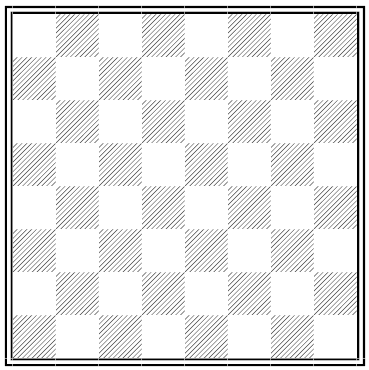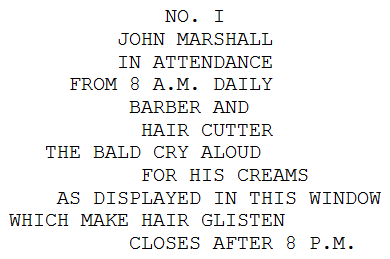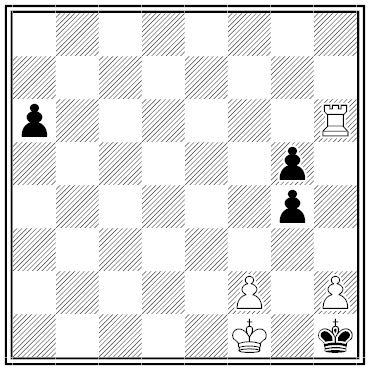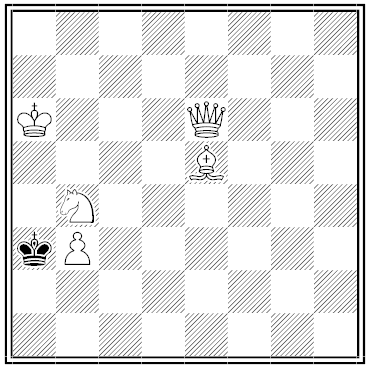You’re fitted with a watch that imparts an electric current to your skin in increments too small to distinguish. Initially it’s set to 0 (off), and the settings run up to 1000. At the start of each week you’re allowed a period of experimentation to compare various settings, and then the watch is returned to its last setting. Then you have the option to increase the setting by 1; if you do this, you get $10,000. You may never reduce the setting.
What should you do? On the first day your experimentation shows you that the highest setting is completely intolerable; at that setting you’d pay any amount of money to get rid of the watch. But on this first week your decision is simply whether to advance from 0 to 1, getting $10,000 for accepting an imperceptible amount of pain. That seems attractive.
The trouble seems to be that your evaluations are “transitive” only at a large scale. If you prefer 0 to 500 and 500 to 1000, then it’s valid to conclude that you’ll prefer 0 to 1000. But if you prefer 51 to 4 (because of the financial reward) and 103 to 51, can we conclude that you’ll prefer 103 to 4? Not necessarily.
Unfortunately for all of us, this describes a lot of life. “The self-torturer is not alone in his predicament,” writes philosopher Warren S. Quinn, who proposed this puzzle in 1990. “Most of us are like him in one way or another. We like to eat but also care about our appearance. Just one more bite will give us pleasure and won’t make us look fatter; but very many bites will. And there may be similar connections between puffs of pleasant smoking and lung cancer, or between pleasurable moments of idleness and wasted lives.” What’s the best course?
(Warren S. Quinn, “The Puzzle of the Self-Torturer,” Philosophical Studies, May 1990)




